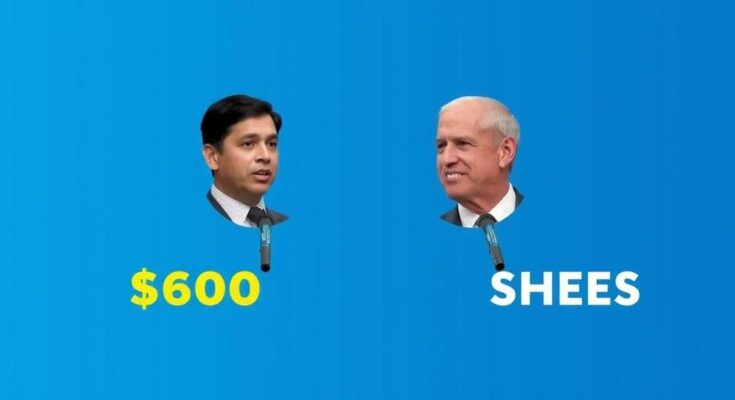Uruguay’s second round of presidential election saw a close race between Álvaro Delgado and Yamandú Orsi after no candidate secured a majority in the first round. Voter indecision and crime concerns dominated the campaigns, with both candidates promising cooperation if elected. The election reflects significant social and economic issues influencing Uruguayan society.
On Sunday, Uruguayans participated in the second round of the presidential election, which resulted in a fiercely contested runoff between the ruling conservative coalition candidate, Álvaro Delgado, and leftist coalition leader, Yamandú Orsi. Neither candidate secured a decisive majority in the preliminary votes held on October 27, leading to a situation where the outcome was uncertain until the official results were released. Numerous polls prior to the election indicated a close race, with many voters expressing indecision, citing a lack of compelling reasons to support either candidate amidst a backdrop of social and economic discussions, including rising crime rates that have influenced both campaigns.
Delgado, representing the National Party, aimed to continue the policies of the incumbent President Luis Lacalle Pou, who has received commendable approval ratings due to his government’s economic performance. Orsi, the candidate from the Broad Front, positioned himself as a champion for social issues, recalling the legacy of former President José Mujica, known for progressive reforms such as the legalization of abortion and same-sex marriage. Despite significant divergence in their policies, both candidates pledged to work collaboratively should either gain victory, recognizing the importance of unity in governance.
Uruguay’s election procedures necessitate a second round if no candidate achieves an outright majority in the first voting phase. The nation has witnessed a politically charged environment, particularly characterized by social issues and a focus on public spending. The contrasting campaigns of the candidates reflect broader societal concerns, including rising crime, economic conditions, and the desire for reformed governance that resonates with a populace facing uncertainty regarding their political future.
The results of this election are poised to reflect not just the voters’ preferences for leadership but also their responses to pressing social and economic issues that have arisen in recent years. With an atmosphere rife with indecision and low turnout historically, the outcome will significantly shape Uruguay’s direction moving forward, as candidates seek to address both the immediate concerns of their constituents and the long-term vision for the nation.
Original Source: gazette.com




